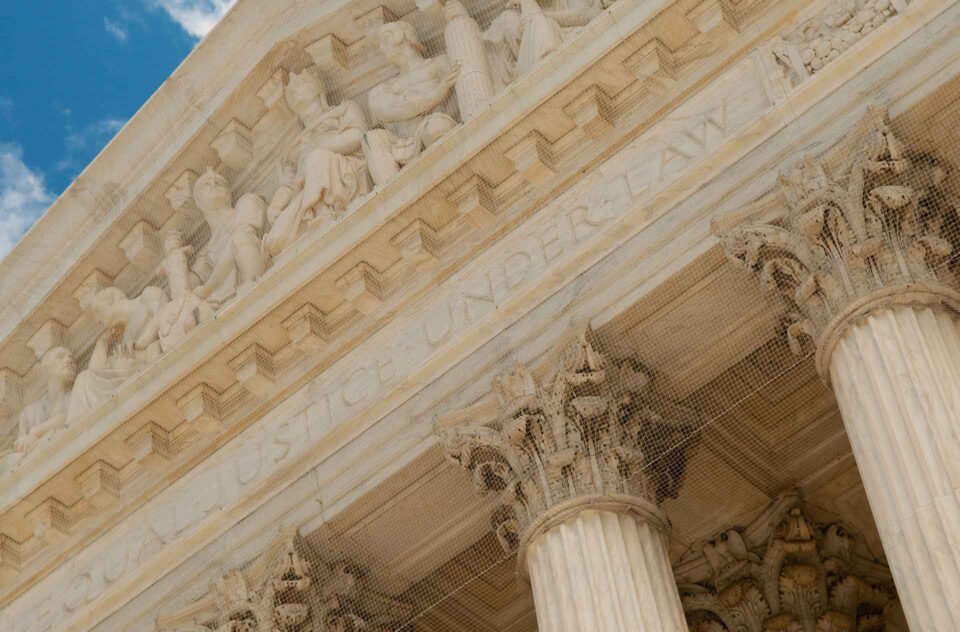The Supreme Court has now received all the briefs for a case it will hear on Nov. 7 that could seriously affect how courts evaluate the constitutionality of gun-control laws. The Biden administration asked for a review of the Fifth Circuit Court’s decision not to deprive Zackey Rahimi of his right to own guns.
Rahimi is not a sympathetic character. He is a drug dealer with a long, violent criminal record. But instead of prosecuting Rahimi for his violent crimes or imposing sufficient bail to keep him in jail, prosecutors merely obtained a domestic violence protection order based on a 2020 assault against his girlfriend. The protection order was imposed without a hearing, and because he was not being criminally prosecuted, Rahimi was not provided with a lawyer.
The question before the court is: What is the standard of evidence needed to strip someone of their constitutional right to keep and bear arms? People lose their right to a gun when convicted of felonies and some violent misdemeanors. But should they lose that right after a mere noncriminal, civil decision — in the absence of a public hearing and a lawyer?
In last year’s landmark Bruen decision, the Supreme Court set a template for how to evaluate whether a gun-control law is constitutional. The opinion, written by Justice Clarence Thomas, argued that one must first look at the wording of the Second Amendment. If that isn’t conclusive, one would next consider the legislative debate surrounding the passage of the amendment. Finally, one could examine whether similar laws were in effect in either 1791, when the Second Amendment was adopted, or in 1868, when the 14th Amendment applied the Bill of Rights to the states. The Violence Against Women Act didn’t pass until 1994, well over a century after both.
The administration wants Rahimi to lose this case so the court will deviate from its strict reading of the Constitution. That way, the outcome will set a precedent for lower court judges to decide on a case-by-case basis whether they like the laws legislatures have passed.

Please think about donating below.



